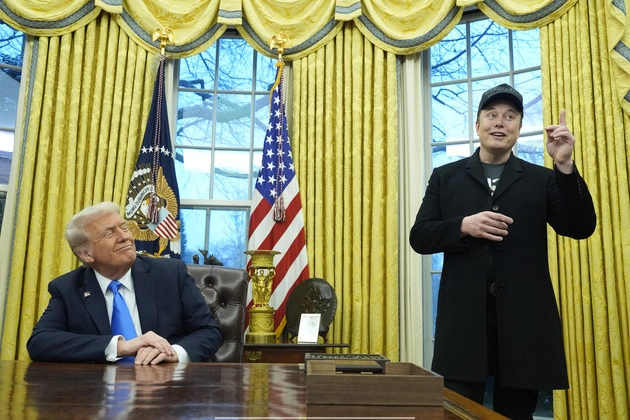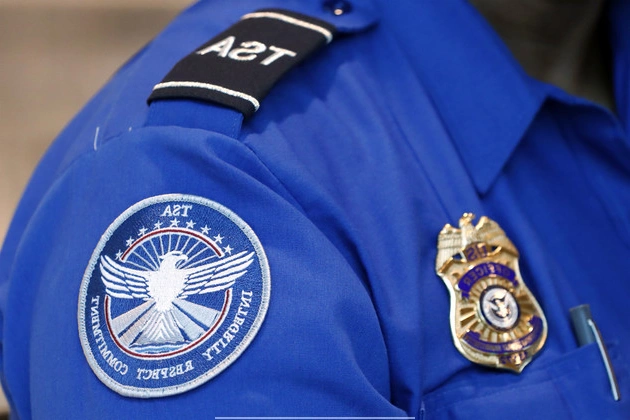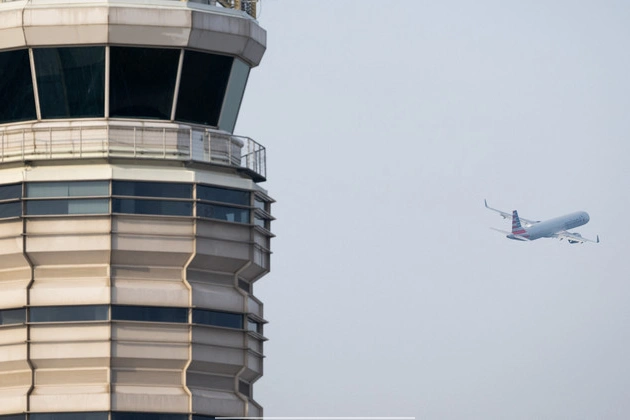
The Federal Aviation Administration has implemented a directive restricting its employees from participating in various advisory committees focused on addressing aviation industry challenges. This directive, obtained by POLITICO, emphasizes the temporary suspension of employee involvement in these committees until further notice.
Advisory Committees in Aviation
These advisory committees consist of government and industry representatives who convene regularly to address critical issues within the aviation sector. Topics range from pilot training and mental health to emerging technologies like drones, airspace modernization, and commercial space operations. By fostering collaboration between government agencies, airlines, unions, and industry stakeholders, these committees aim to enhance safety and reduce risks across the aviation system.
The recent directive aims to ensure continuity in committee operations by allowing industry co-chairs to lead meetings in the absence of FAA employees. However, a former FAA official, speaking anonymously, expressed concerns about the potential impact on industry expertise exchange and safety prioritization.
Implications of the Directive
The directive specifically prohibits FAA employees from participating in various committee meetings, including those related to safety reviews and rulemaking. This broad restriction could disrupt ongoing advisory work across different focus areas within the aviation industry.
Several aviation industry groups have acknowledged receiving the directive, affecting their participation in critical meetings addressing issues such as emergency equipment onboard flights and the integration of battery-powered mobility aids on aircraft. The latter is crucial for ensuring passenger safety and compliance with aviation regulations.
Industry Response and Concerns
Industry experts have raised concerns about the potential implications of this directive on safety review teams and initiatives related to diversity and inclusion practices. The directive’s broad language leaves room for interpretation, raising questions about the continuity of essential safety programs and studies.
Notably, recent actions by the Trump administration to dismantle aviation safety committees and challenge diversity initiatives have sparked debates within the industry. The focus on gender-neutral terminology and changes in safety protocols have led to mixed reactions among aviation professionals and policymakers.
Future Outlook
As the aviation industry navigates through regulatory changes and safety enhancements, the impact of directives like these on industry collaboration and safety measures remains a topic of discussion. Stakeholders continue to monitor developments and advocate for a balanced approach that prioritizes safety without compromising industry expertise and innovation.















